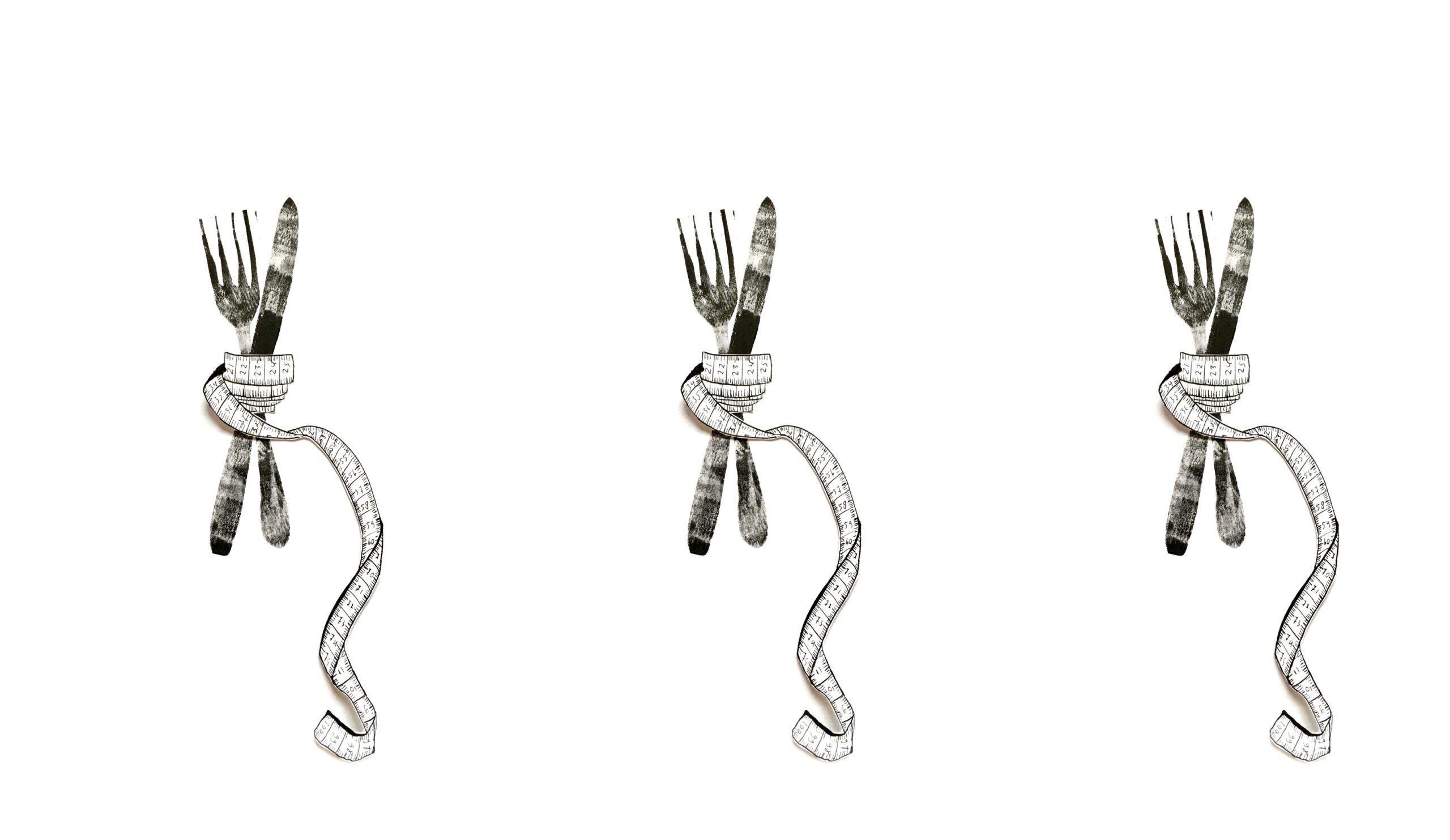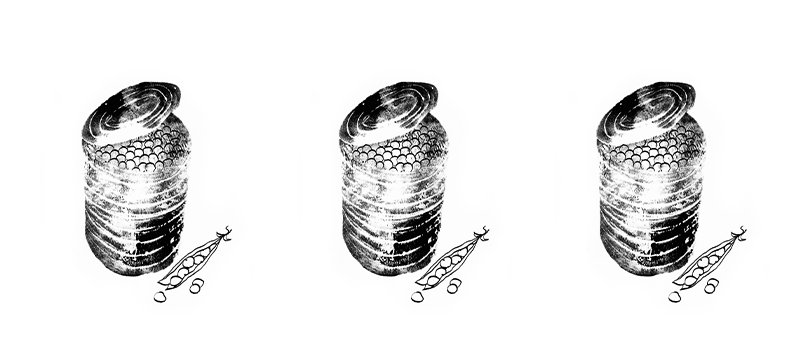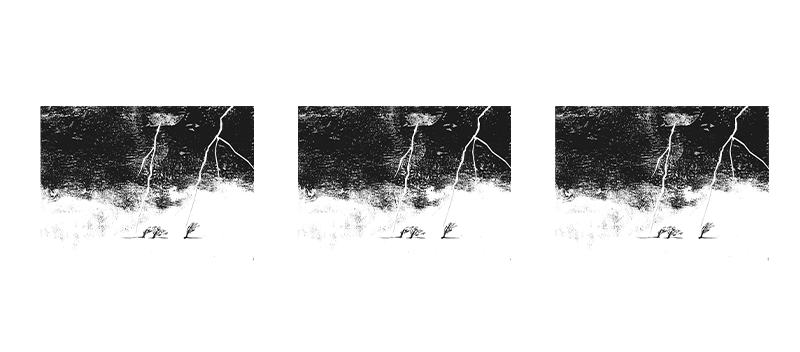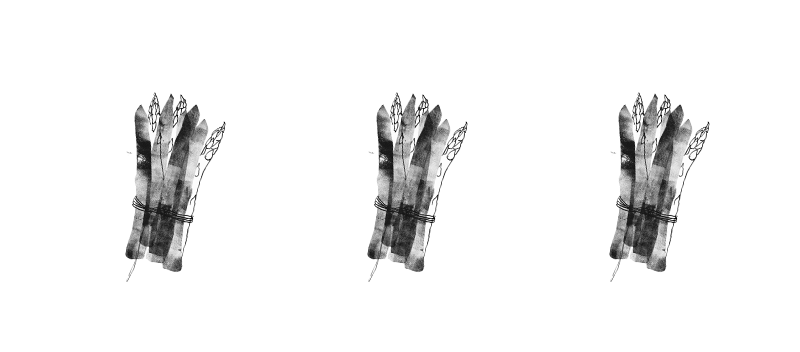Stopping smoking, losing weight or getting more exercise. January is the time when we start improving ourselves. Sadly, most of these good intentions have bitten the dust within a month, says Emely de Vet, professor of Consumption and Healthy Lifestyles.
It is incredibly hard to change your behaviour, says De Vet. ‘A lot of people set the bar too high. They start out enthusiastic, but they want to change everything at once, and they want results fast. But your behaviour is largely a matter of habit, so changing it requires a lot of adaptation. You’ve got to be on the alert all the time, and that takes an awful lot of energy. It doesn’t make it any easier to start on 1 January, when it is dark and grey and most of us are not feeling at our best.’
The trick is not to see every lapse as a failure
Emely de Vet, professor of Consumption and Healthy Lifestyles.
Failure
You should take the route to change in small steps, says De Vet. ‘For instance, you could start by saying “from now on I’ll drink water instead of coke”. Then you could gradually add more changes as the year goes on.’ It also helps to involve the people around you. ‘If you’re having dinner with other people, let them know in advance that you’ve stopped drinking alcohol. It’s important for other people to be able to help you resist temptation at moments when you might easily cave in.’
That kind of social support is also why people persevere better if they join challenges such as Dry January (no alcohol for the month of January). De Vet: ‘The goal feels manageable too: one month without a drink. It gives people a chance to experience how that feels, and that can motivate them to keep it up after the month is over.’
But it’s normal to lapse into your old habits now and then. ‘The trick is not to see that as failure, but just as a hurdle on your way towards your goal.’
Every day we are bombarded with masses of sometimes contradictory information. In this feature, a WUR scientist answers your burning questions. Asking questions makes you wiser. Do you dare to ask yours? Email us at redactie@resource.nl

 Illustration: Marly Hendricks
Illustration: Marly Hendricks 

